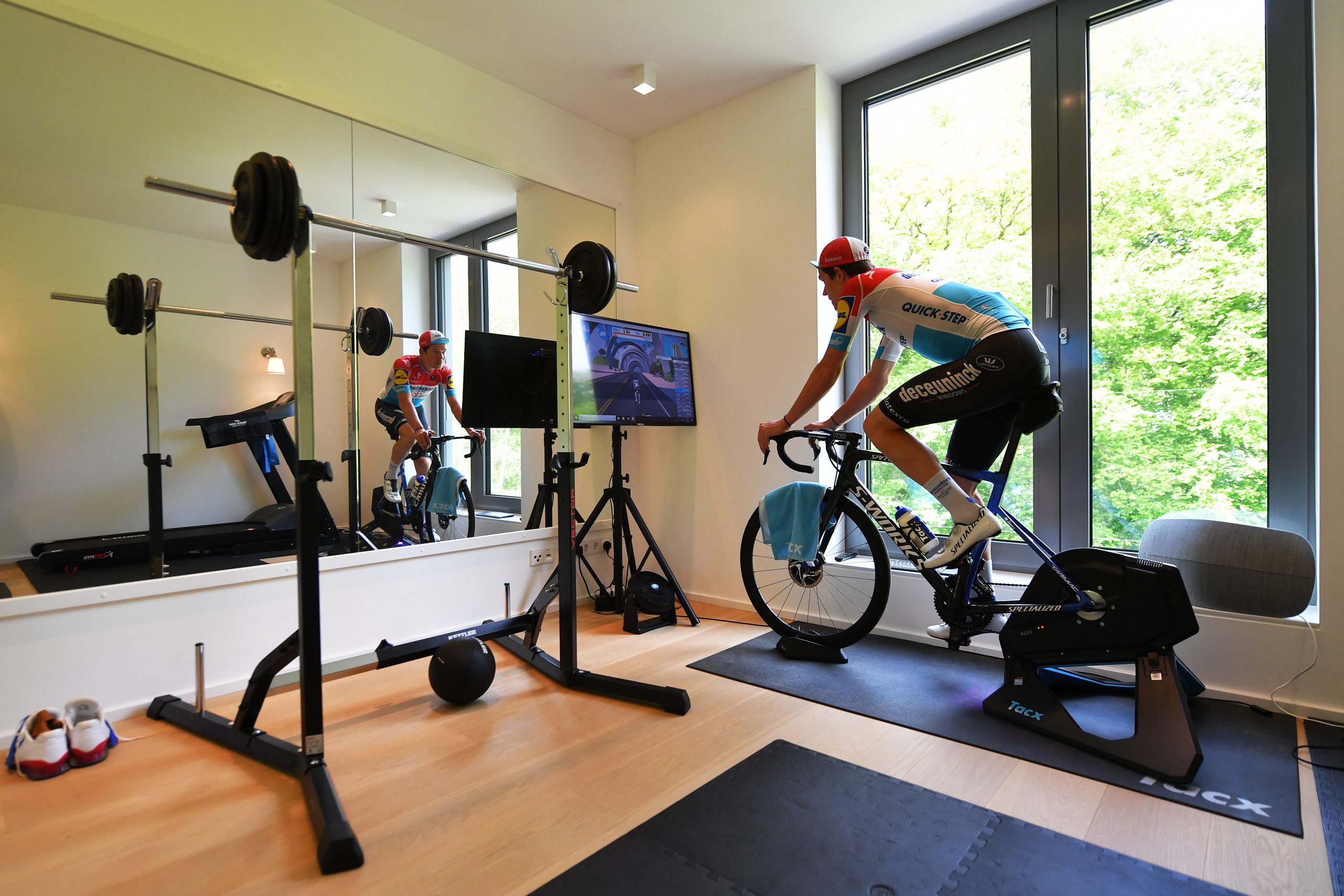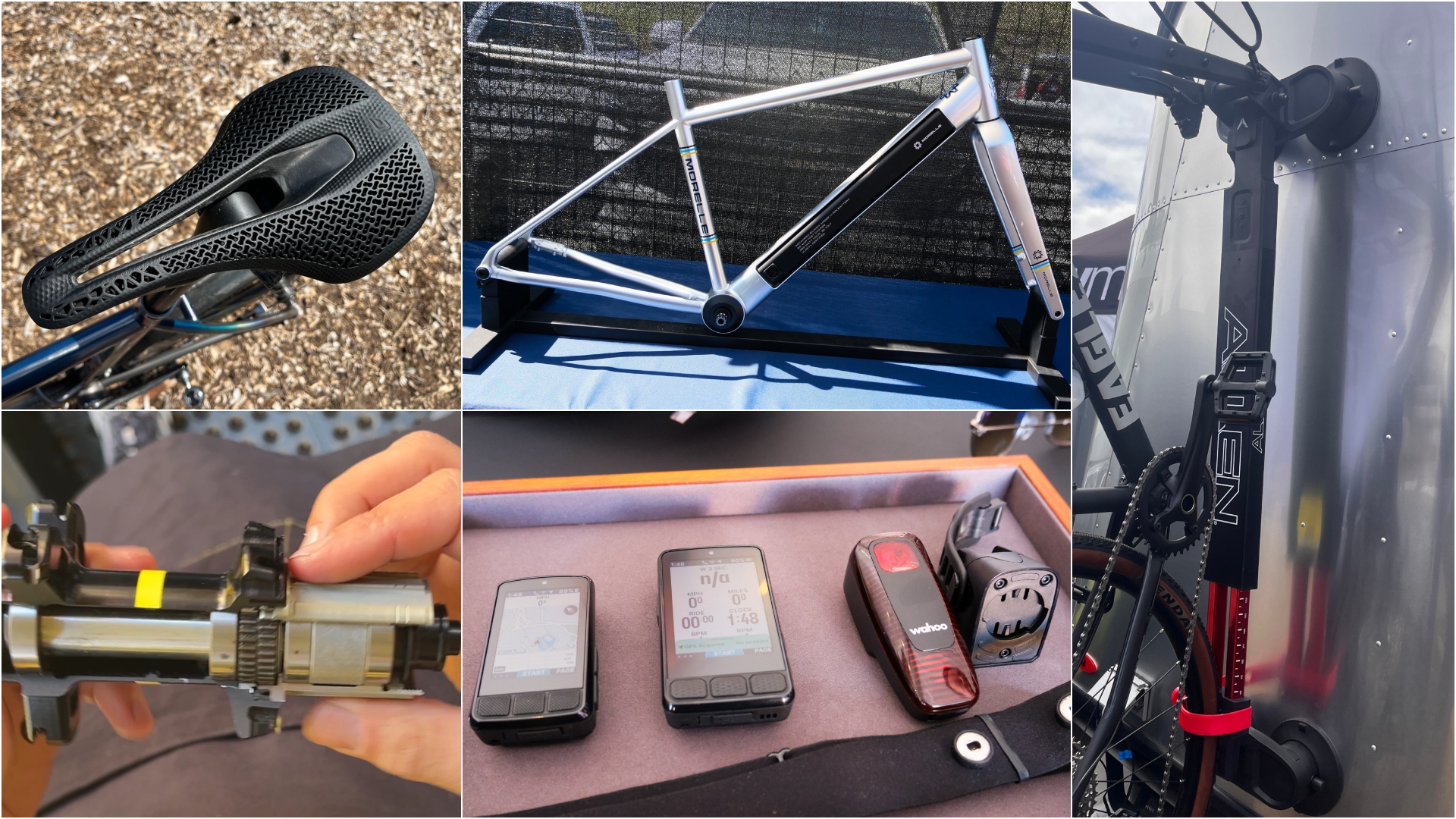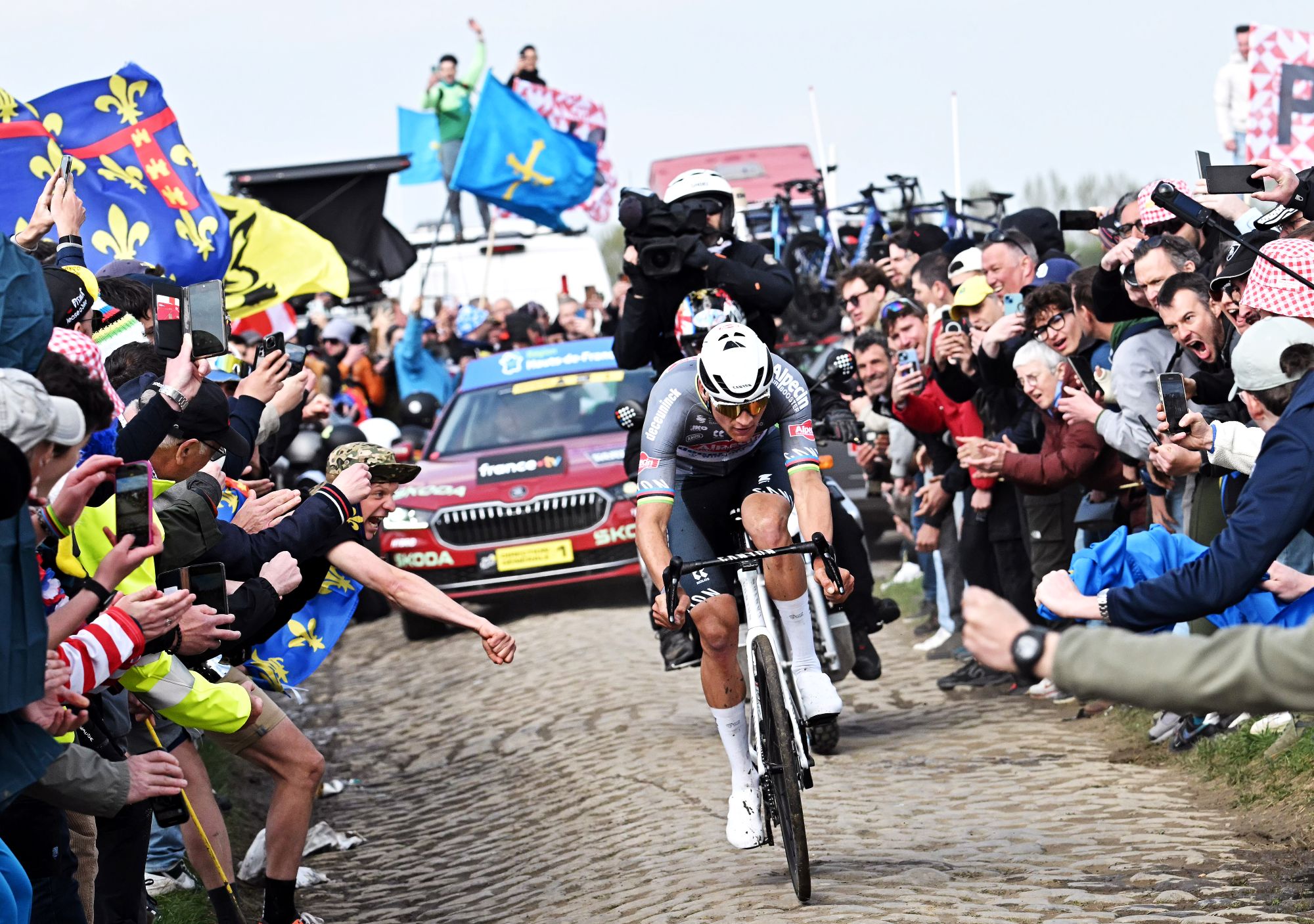Cycling and illness: Can intense training increase the risk of catching a virus?
We asked an expert how training intensity impacts your immune system


The long list of health benefits from cycling are well-recorded.
Riding your bike is an excellent way to stay active, level-up your fitness and even improve mental health, but how can training and nutrition on the bike impact your immune system?
While cycling can reduce many lifestyle-related chronic diseases, including diabetes and heart disease, intense training could be having an impact on the way your body fights off infections.
The global coronavirus pandemic has caused people around the world to re-evaluate their attitudes to health and illness, but many may not be aware of the links between riding your bike and the risk of catching a virus.
With that in mind, Cycling Weekly sought out some expert advice on a rider’s immune system, to find out exactly how you can get your training and right, to get faster and fitter without falling ill.
The science
Dr Glen Davison, an expert in sport and exercise science from the University of Kent, explained: “Some people have questioned the strength of this relationship [between training intensity and illness], but it’s pretty clear and logical to me that the immune system is clearly important for defending against infection and illness, so if it is reduced our ability to fight off infection (if we are exposed) is also reduced.”
Get The Leadout Newsletter
The latest race content, interviews, features, reviews and expert buying guides, direct to your inbox!
It’s not just the intensity of training that has an effect, Dr Davison said, but it’s the overall stress from each training session.
He added: “It’s important to balance the training load. We know for certain that moderate exercise enhances many aspects of immune function, but beyond a certain threshold many immune functions are reduced slightly (at least for a few hours after, possible longer for more strenuous sessions).”
Without optimal recovery before the next session, the reduction in immune system can build over time – so rest is key.
Everyone has their own fitness levels, so the “tipping point” for intense exercise that could reduce immune functions is different for everyone depending on factors like fitness and age.
Shorter, harder sessions – like high intensity interval training (HIIT) – do not seem to impact immunity after a single session, but of course too many efforts like this can lead to over-training in the longer team.
But Dr Davison added that it is not a simple case of intense exercising causing infection, as there are a number of other factors that contribute.
Avoid exposure, avoid the virus
The biggest risk is exposure, Dr Davison said – avoid the virus, you will not get ill.
Then factors like stress, nutrition, travel and sleep will also alter the function of your immune system, so it’s important to be aware of all these aspects if you want to avoid illness.
But does this all apply to Coronavirus?
In short we don’t know, as the virus is too new but the benefits of looking after your immune system can help protect you from many other similar infections.
We should also not be discouraged from physical activity purely because of the risk of illness, Dr Davison was keen to stress, as the benefits are numerous.
>>> ‘Nothing has changed’: Pros amongst cyclists warning of post-lockdown road safety
Staying physical active offers including enhanced anti-inflammatory status, a reduction in many ‘lifestyle-related risk factors’ for chronic diseases like obesity, type two diabetes and cardiovascular disease.
“So if you are stuck in lockdown, it’s really important to keep active," Dr Davison said.
“Exercise can also have beneficial effects on general wellbeing, mood and psychological state, reduce stress, improve sleep, all of which have beneficial effects on immunity. The key thing is to ensure that the training you are doing is right for your current fitness and phase of training.”
Should you alter your training?
Given the massive upheaval people around the world have faced, indoor training and coaching platform The Sufferfest offered some wise words on how to alter your training during the global pandemic.
Dr David Spindler, high performance cognitive specialist and athlete welfare consultant, said: “Give the current situation of the world and the various stay at home orders and social distancing, athletes will have a range of emotions. This is especially true if an ‘A’ goal has been postponed or rescheduled. During this time, it is important to communicate to the athlete that the sessions done pre-lockown are bricks in the foundation and not wasted fitness.”
The Sufferfest also recommended a reduction in weekly training volume and intensity during the lockdown – for example anyone riding 15 to 20 hours a week should cut down to between nine and 12, while those rising for between five to 10 hours should knock the time on the bike down to four to six hours.
Riders training to three intense days a week should be riding for one or two intense days, while anyone doing three to five days of hard training should be aiming for two or three days.
The lack of racing also gives you a chance to change things up for the better, by focusing on weaknesses and working one different areas of your performance before the real season returns (whenever that may be).
But there are ways of minimising the risks without changing your training.
Dr Davison a set out his tips for how to avoid illness: “The most powerful thing you can do is avoid or minimise the exposure risk.
“It would be sensible to maintain a healthy and balanced diet and follow general physical activity guidelines, like exercising alone or at home, so if you can do this there may be no need to actually change the content, intensity or durations of your training compared to normal.
“This is also an important time to remember all of the benefits of exercise and risks of inactivity, so I think it’s really important to continue to keep fit and active during these times.”

Thank you for reading 20 articles this month* Join now for unlimited access
Enjoy your first month for just £1 / $1 / €1
*Read 5 free articles per month without a subscription

Join now for unlimited access
Try first month for just £1 / $1 / €1
Alex Ballinger is editor of BikeBiz magazine, the leading publication for the UK cycle industry, and is the former digital news editor for CyclingWeekly.com. After gaining experience in local newsrooms, national newspapers and in digital journalism, Alex found his calling in cycling, first as a reporter, then as news editor responsible for Cycling Weekly's online news output, and now as the editor of BikeBiz. Since pro cycling first captured his heart during the 2010 Tour de France (specifically the Contador-Schleck battle) Alex covered three Tours de France, multiple editions of the Tour of Britain, and the World Championships, while both writing and video presenting for Cycling Weekly. He also specialises in fitness writing, often throwing himself into the deep end to help readers improve their own power numbers. Away from the desk, Alex can be found racing time trials, riding BMX and mountain bikes, or exploring off-road on his gravel bike. He’s also an avid gamer, and can usually be found buried in an eclectic selection of books.
-
 A bike rack with an app? Wahoo’s latest, and a hub silencer – Sea Otter Classic tech highlights, Part 2
A bike rack with an app? Wahoo’s latest, and a hub silencer – Sea Otter Classic tech highlights, Part 2A few standout pieces of gear from North America's biggest bike gathering
By Anne-Marije Rook
-
 Cycling's riders need more protection from mindless 'fans' at races to avoid another Mathieu van der Poel Paris-Roubaix bottle incident
Cycling's riders need more protection from mindless 'fans' at races to avoid another Mathieu van der Poel Paris-Roubaix bottle incidentCycling's authorities must do everything within their power to prevent spectators from assaulting riders
By Tom Thewlis